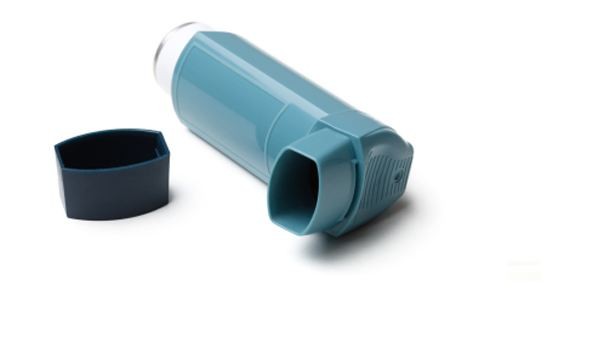At last, a solution for asthma that promises not only relief but the almost complete elimination of this disease's life threatening dangers that plague millions of victims worldwide.
A team of scientists led by Cardiff University in the UK have announced they've discovered the protein within the airways they believe triggers and is the root cause of all asthma attacks.
Medical experts said this unexpected breakthrough could pave the way for a new treatment for asthma within five years. That's because a drug already exists doctors think could deactivate this asthma-inducing protein called a "Calcium-sensing receptor" or CaSR.
This discovery raises hopes for a treatment that might be effective for any asthma patient. The new treatment will come in the form of an inhaled drug.
The team has proven the drug works in human tissue samples in the laboratory. They've now designed the first clinical trials that could start within two years, said The Daily Mail.
"Our findings are incredibly exciting," said lead investigator Professor Daniela Riccardi.
Prof. Riccardi said the discovery CaSR was the asthma trigger came quite by accident. A former bones specialist, she realized CaSR triggers the growth of calcium within bones but also plays a role in the airways.
Tests revealed asthmatics had far higher levels of CaSR than healthy people.
The new discovery shows that when an asthmatic breathes in substances such as pollen and dust that trigger an asthma attack, the CaSR molecules ignite the rapid increase of calcium within the cells of the lung tissue.
This additional calcium makes the cells contract, causing the airways spasm and triggering an asthma attack.
"For the first time we have found a link between airways inflammation, which can be caused by environmental triggers such as allergens, cigarette smoke and car fumes and airways twitchiness in allergic asthma", she said.
'It makes the cells much more sensitive to the asthma triggers, which then make an attack much more likely.'
In a stroke of good fortune for asthmatics, a drug already exists that can disable the CaSR protein. The drug called a calcilytic was developed 15 years ago to remove the CaSR protein in osteoporosis.
Early tests in mice and human tissue using the calcilytic showed promising results as an asthma treatment.
The team hopes to use the drug in a nebulizer that might be available to patients as soon as clinical trials are complete, perhaps within five years.
They believe a few courses of treatment might be enough to stop asthma attacks from recurring.
"If we can prove that calcilytics are safe when administered directly to the lung in people, then in five years we could be in a position to treat patients and potentially stop asthma from happening in the first place", said Prof. Riccardi.
An estimated five percent of asthmatics don't respond to any asthma treatment and this group might not benefit from the calcilytic nebulizer.
The team that made this breakthrough consisted of scientists from Cardiff University, King's College London and the Mayo Clinic in the U.S.



























